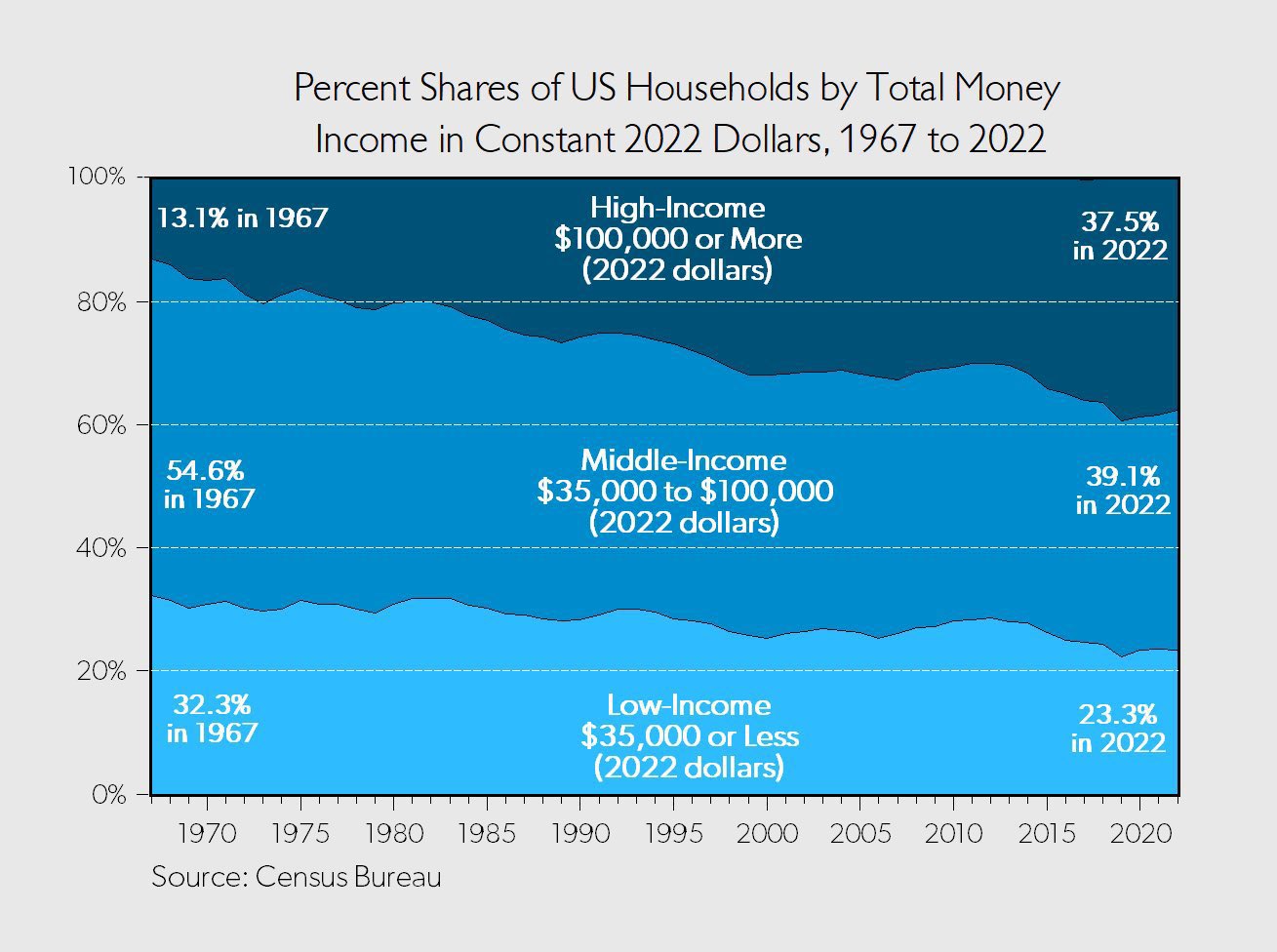I Got a $30K Raise to Move, But I Have $80K Debt—Should I Take the Offer?
Every once in a while, there’s a difficult career decision to make. Often, such a decision involves a hefty trade-off. And depending on one’s personal situation, taking the option with the higher pay may not always be the best move. Indeed, when it comes to such conditional raises, the best move may be to negotiate […] The post I Got a $30K Raise to Move, But I Have $80K Debt—Should I Take the Offer? appeared first on 24/7 Wall St..

Every once in a while, there’s a difficult career decision to make. Often, such a decision involves a hefty trade-off. And depending on one’s personal situation, taking the option with the higher pay may not always be the best move. Indeed, when it comes to such conditional raises, the best move may be to negotiate so that one can find a more optimal middle ground. Indeed, negotiating with one’s employer can be oh so uncomfortable. But it is worth exploring options that may offer both parties a mutually beneficial solution.
In this piece, we’ll check out a Reddit user who stands to get a big, fat raise, provided they relocate. Indeed, they’re rather young (in their 30s), with no kids, and the ability to get up and go for a shot to advance their career. Just because one can easily move doesn’t mean one should, however. Moving for work isn’t everyone’s cup of tea. And being alone in a new big city could prove socially isolating.
While some of the top Reddit commenters may be for taking the leap of faith by taking the raise and relocating, I’d be more inclined to ask about a partial raise that involves staying put, especially if one isn’t all too interested in leaving the close proximity of loved ones. Of course, the extra $30,000 per year could go a long way, especially as the Reddit user takes aim at their massive $80,000 mountain of consumer debt.
Either way, there are some things to take into consideration before taking an offer, which, while it sounds good on paper, may actually come with more strings attached than one may have initially realized.
Key Points
-
This Reddit user faces a dilemma: move and get a raise or stay put and potentially stay behind.
-
Before signing a deal, one should study the costs of living in the new city and evaluate how both options will affect their career progression.
-
Earn up to 3.8% on your money today (and get a cash bonus); click here to see how. (Sponsored)
Just how pricey will the new city be?
Moving long distances can get really expensive. Not only that, but if you’re moving from a small town to the big city, you can expect the cost of living to rise. Whether we’re talking about higher rents, higher grocery bills, and pricier transit costs, you should put in the homework well ahead of time before taking a raise that may very well go towards the higher price of just about anything in the new city.
Undoubtedly, if you’re going from Omaha to the Big Apple, the extra $30,000 per year probably won’t allow you to pay back one’s debt as quickly as though. And if the math doesn’t check out (let’s say one’s living expenses rise by more than $30,000 per year), perhaps the more financially prudent move would be to stay put. Though I would push hard to still get some form of raise, as inflation could grow problematic should new tariffs come online throughout the year.
Will moving allow you to step up a few rungs on that career ladder?
Of course, there could be more than the $30,000 raise to look forward to if one chooses to move. Notably, relocating could allow one to advance their career at a faster pace than if they just stayed put. Indeed, going into work at a main headquarters could entail faster promotions at some point down the line. Of course, it’s not easy to tell how many rungs one will be able to climb just by relocating.
Either way, if you believe your future prospects will be enhanced and you’re not heavily against moving, making the plunge could make a lot of sense from a longer-term perspective, even if your costs of living will rise. The key is eliminating unnecessary expenses to chip away at the debt load. At the end of the day, a few years of foregoing “lifestyle creep” could mean the difference between living debt-free and wasting thousands in interest on outstanding loans.
The bottom line
So, should one take such an offer? If the math in the new city checks out and one stands to accelerate their career progression, such a move could make sense, provided one is comfortable leaving their old city behind. As always, put in the homework and consider negotiating terms, whether that entails a partial raise for staying put or a fatter raise for relocating. Often, the options served up aren’t the only ones that are possible.
The post I Got a $30K Raise to Move, But I Have $80K Debt—Should I Take the Offer? appeared first on 24/7 Wall St..

































































































































































